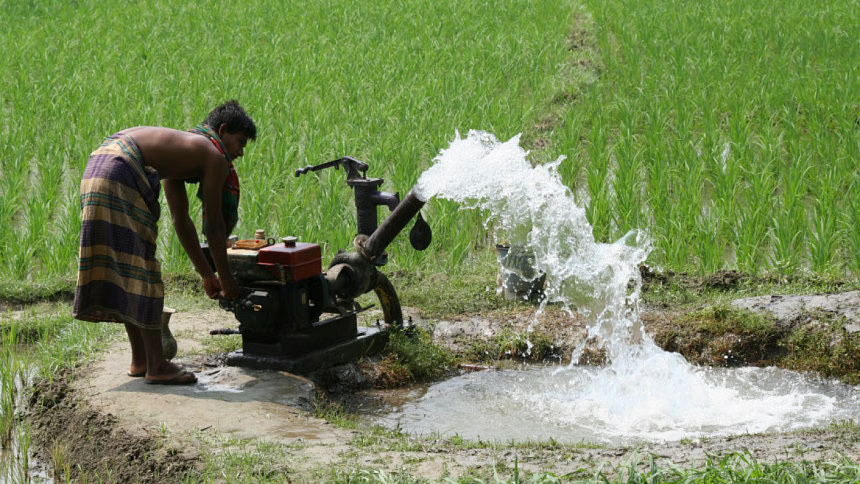Agriculture plays an undeniably pivotal role in Bangladesh’s economy, sustaining a vast portion of the workforce and significantly contributing to the national GDP. However, traditional Bangladesh farming methods face critical sustainability challenges, primarily due to excessive reliance on synthetic fertilizers and unsustainable water consumption, leading to environmental degradation and resource scarcity across various regions.
Amidst these growing concerns, precision agriculture emerges as a promising and transformative solution. This innovative approach leverages advanced agricultural technology to enhance crop production dramatically while simultaneously minimizing waste and reducing environmental impact, thereby championing truly sustainable agriculture for the nation.
The core of precision agriculture lies in its sophisticated toolkit: sensors, satellites, drones, and GPS-enabled machinery. These instruments empower farmers with unprecedented insights, from meticulously measuring soil moisture levels to enable precise irrigation, leading to substantial water conservation by 30-40 percent, to capturing detailed crop images that detect early signs of diseases, pests, and nutrient deficiencies across vast fields.
Furthermore, real-time data collected from soil health sensors, which track critical parameters like pH, nutrient levels, and organic matter, is rigorously analyzed using specialized software and artificial intelligence. This data-driven intelligence facilitates optimal decision-making regarding irrigation, fertilization, and pesticide application, streamlining processes and even enabling automation, which ultimately reduces labor costs and significantly bolsters food security.
Traditional rice farming methods, particularly those involving flooded irrigation, pose significant environmental threats. They create anaerobic soil conditions that lead to the emission of methane, a potent greenhouse gas, and the extensive use of diesel-powered irrigation pumps further exacerbates carbon emissions and local air quality, directly contributing to climate change and broader environmental challenges.
The adoption of the Alternative Wetting and Drying (AWD) method, a proven water management practice, in conjunction with precision agriculture technologies, offers a synergistic pathway to sustainability. This powerful combination can further reduce water usage and optimize fertilizer management by 20-30 percent, substantially lowering methane emissions and simultaneously increasing rice yields by 10-20 percent, solidifying the principles of sustainable agriculture.
To achieve widespread implementation of precision agriculture, strategic pilot projects are essential. These initiatives should include comprehensive training programs for farmers and establishment of demonstration farms, allowing hands-on experience and showcasing the tangible benefits of these cutting-edge technologies. International studies underscore PA’s efficacy in minimizing chemical runoff and cutting water use by 20-40 percent, safeguarding both the environment and crop yields.
Local startups, such as Aunkur, iFarmer, and Drip Irrigation BD Ltd, are already pioneering the integration of IoT sensor-based services into Bangladesh farming, effectively bridging the technological gap. Their efforts highlight the critical need for strategic partnerships among government agricultural bodies, industry stakeholders, and farmers to foster an ecosystem that incentivizes and supports the widespread adoption of precision agriculture.
Ultimately, investing in precision agriculture is paramount for Bangladesh to enhance its food security, mitigate operational costs, and effectively address the pressing challenges of climate change. By embracing this technological transformation, Bangladesh can forge a resilient, highly productive, and sustainable agricultural future that serves as a model for other developing nations.






Leave a Reply